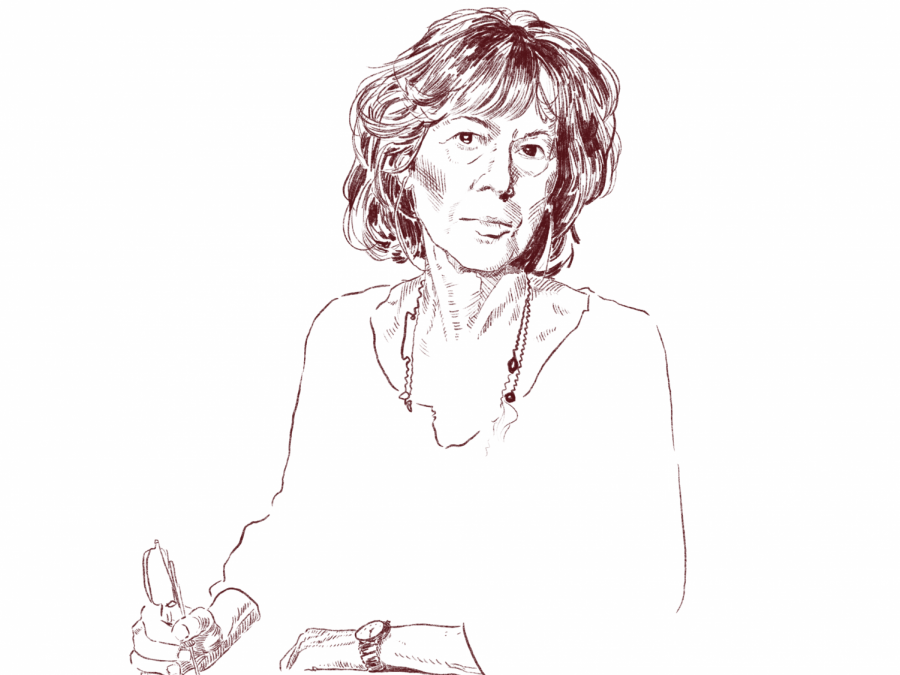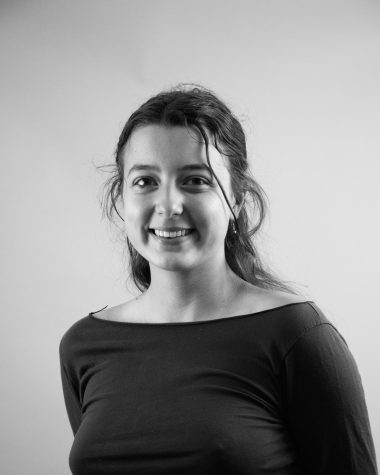Insights from a Nobel Laureate: An Interview with Louise Glück
November 30, 2021
Poetry is always evolving, and at the forefront of its constant growth is Louise Glück, poet and last year’s Nobel Laureate of Literature. In an exclusive interview with the Register Forum, Glück said that to her, poetry “comes out of pain, comes out of the sense of the world ending.” She stated that “poetry changes your relationship to misfortune in the most profoundly positive way.” To Glück, pain is an inevitable fact of life, yet the potential to create art and joy from these hardships is what drove Glück to dedicate her life to poetry.
In Glück’s view, a poem creates an intimate connection between the text and the reader, it’s “some sort of communication through the air, [and] it will be received” by those who take the time to understand it. Growing up, Glück’s mother was very critical; only her writing was deemed acceptable, which her parents supported. As a child, she surrounded herself with William Blake, John Keats, and Emily Dickinson, though she says she “overdosed” on their poems and now cannot read any of their work.
When the Register Forum asked if Glück took any specific steps when writing poetry, Glück responded she did not. Years ago, she found that sitting at her desk each day only caused the blank paper to say “minute by minute, ‘You can’t do it, look at this, here’s the proof, you can’t do it.’”
After two years of writing nothing, Glück accepted a position at Williams College and found a passion for teaching. She stated, “The minute [she] was busy, the minute [she] had the world coming at [her] and not just the walls of the room, [she] started writing again.” Since then, teaching has been her source of inspiration, although she admits there will be periods in her life—sometimes years—when she will not write.
A year ago, Glück was awarded the Nobel Prize in Literature. After winning the Prize and one million dollars, Glück saw her publishing opportunities skyrocket. Instead of paying 500 dollars per book, foreign publishers started offering upwards of hundreds of thousands. Still, Glück seeks a more private-facing life, remarking that she only wants “to live among [her] friends,” who often help edit her unfinished works.
Glück’s interview with the Register Forum concluded with her advice for high schoolers. She said to “let yourself do the things that please you,” and to trust your interests and enthusiasms.
She believes it is important to “learn to use solitude, don’t be afraid of it,” but also making friends is immensely important. “Love is complicated, it’s great but it’s unsafe, and part of why it’s great is because it’s unsafe, but friendship almost never goes sour, and that’s a wonderful thing.”
This piece also appears in our November 2021 print edition.










